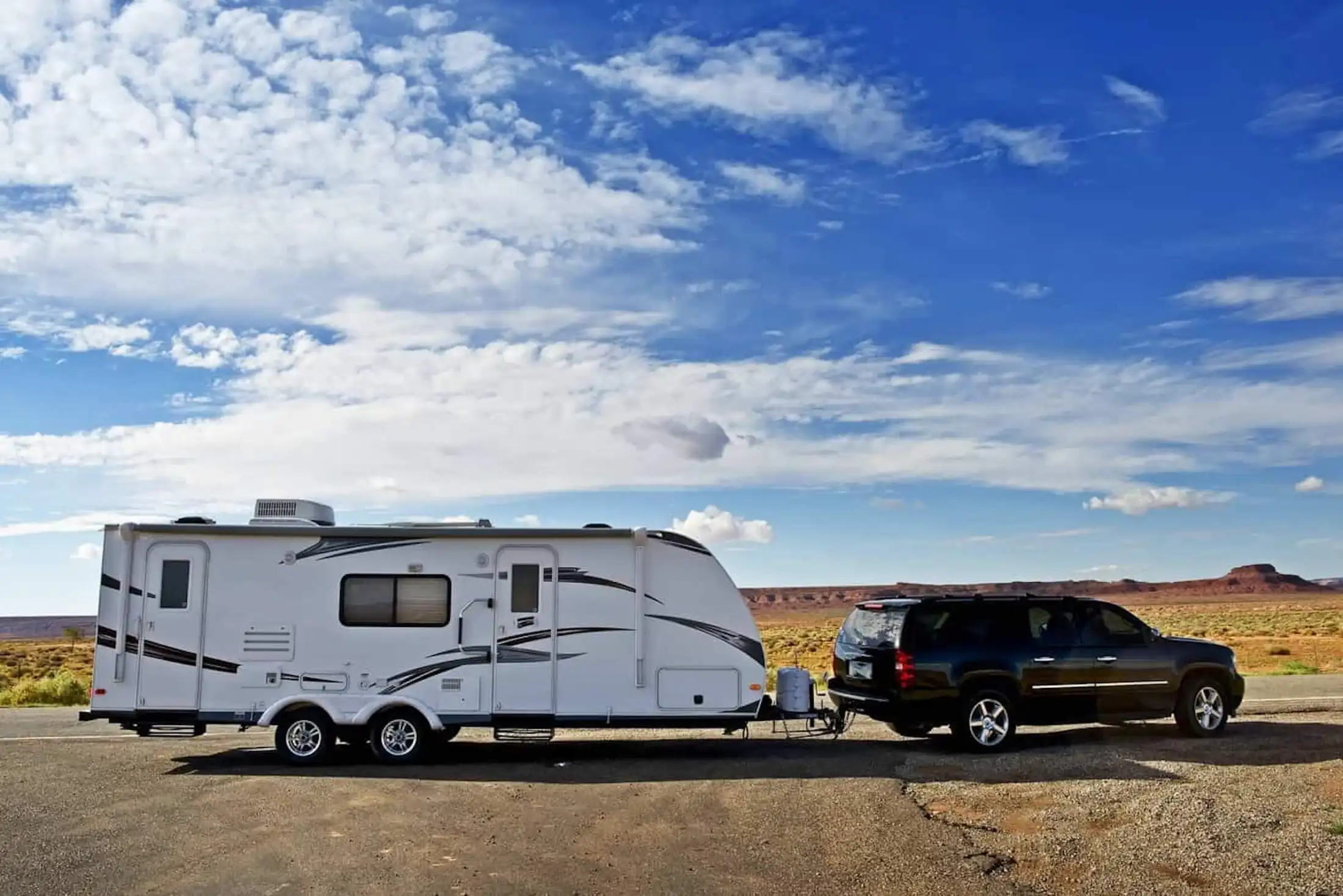- Practice
Before beginning to consider RVing full time, spend an extended period of time living in an RV first. There won't be a trial run that completely duplicates what it's like to have the RV as a long term home base, but it'll at least help identify what kind of a full time RVer you can be, if at all. If you're capable of being a full time RVer, the longer periods on the road will also ultimately help you determine if you're one who likes to be traveling often or staying in one place for awhile as well as the types of areas you like to stay in (more secluded or commercialized). - Space
It's important to know how big you ultimately need your RV to be so everyone has enough space to live comfortably. The best way to figure this out is to use a wide variety of RVs when vacationing so you're in a better place to make that critical decision. Then that's also important to determine because it could limit the types of locations you're able to go to. If you can comfortably live in a more maneuverable RV, you wouldn't be restricted out in the wilderness. Should that not be of immense interest, a motorcoach could make more sense as the larger living quarters are typically ideal for everyday living. - Insurance
When living in an RV full time, it's vital to have proper insurance to ensure you're covered for a wide variety of potential issues. There are a lot of bundle discounts available so spend time researching them prior to leaving. The bundle you seek should consist of several coverages. The first is personal liability to pay for property damage and injuries that are your responsibility due to an accident. The second is medical payments to cover expenses for those injured in or near your RV. The third is loss assessment, which pays for fees charged by an association to cover repairs to common areas or other parts of the property where your RV has been parked. Then fourth is for personal belongings, which would be similar to standard homeowners insurance. - Address
Despite no longer having a physical address, you'll still need to establish a permanent legal one for things like your driver's license, voting registration, and bank accounts. Each state has its own set of rules so be sure to study this carefully before making a final decision as some are a lot more accommodating than others for full time RVers. Some of what you should be taking into consideration are taxes, insurance rates, and the efficiency of mail forwarding. - Handy
Learning ins and outs of the manual is a must so you're prepared to stay on top of maintenance as well as fix issues that arise. Establish a routine of performing various tasks recommended by the manual in an effort to keep the vehicle well maintained as well as catch smaller issues early before they potentially become bigger problems. Your life will also be easier if you take the time to become familiar with the electrical system, fuse box, basic plumbing, and patching leaks.
